Yesterday evening I sat in on the Applied Linguistics for Biblical Languages Seminar. The Q&A panel addressed where to set the bar for biblical languages. I was thrilled to know a conversation was taking place advocating higher standards. But what the panel means by this is reorienting our pedagogical approach towards teaching the biblical languages. They must be taught as a living languages.
I am not entirely sure how I felt throughout the session. To some degree, I felt like I was being strong armed. At one point, Daniel Streett, as seen in the picture above, said, “I find it amazing that I have to convince Greek professors about the value of learning Greek.”
I agree with Daniel, et al. The bar should be set higher. Expecting second and third year students to read only 3 chapters of a biblical text within one semester is not enough. The bar is too low.
At one point during my seminar in Hermeneutics this semester, I asked Dr. Köstenberger why we aren’t reading and being taught the Greek of the Apostolic Fathers, Josephus, Philo, and others. The response I received was, “Frankly, Jacob, students are lazy.”
I claim no exception to this rule. My Greek is pathetic considering the number of semesters I have taken. But is the solution learning to hear, speak, and compose Greek? Is it our goal to revive a dead language. I understand that being able to think in a language is instrumental in understanding it. But the language is dead. There are no remaining speakers of koine Greek. The conversation has stopped. Anything that modern day “speakers” of koine compose will, by definition, be artificial.
When asked what the ultimate goal of this pedagogical approach serves, I was expecting something like “Fluency in the language allows us the greater ability to distinguish between connotation and denotation, to better grasp the semantic domains of certain words, and to comprehended the particularities of langue versus parole.”
Instead, Daniel Streett responded by saying that, like any other language, the ultimate goal is language acquisition. But why? Is it our goal to be able to speak to one another in koine Greek? Surely not. Is it our goal to be able to write our on epistle to the Corinthians? I would hope not.
The desire fueling this movement is the need to conceptualize the language instead of treating it like a decoding project. Admirable though the approach may be, I don’t believe it gets us any closer to the language. I think that reading more biblical and non-biblical Greek texts will get us closer to a greater “fluency” of koine Greek.
The bar should be raised. Why are we not reading more Greek? Why are we not building vocabulary? Will we not be able to better understand the structure of koine Greek by forcing ourselves to read koine literature widely?


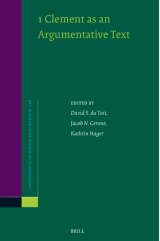
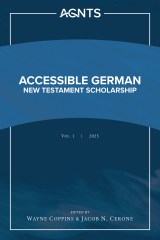

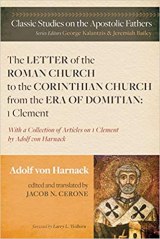
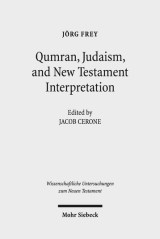
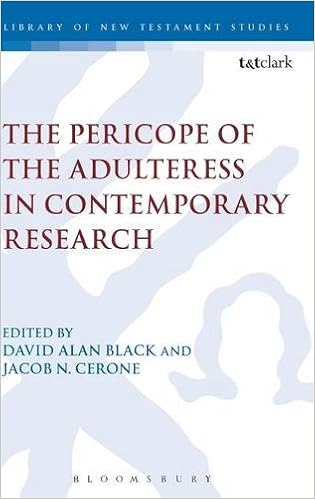

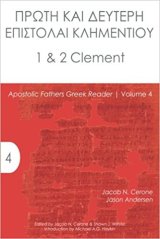
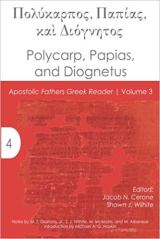
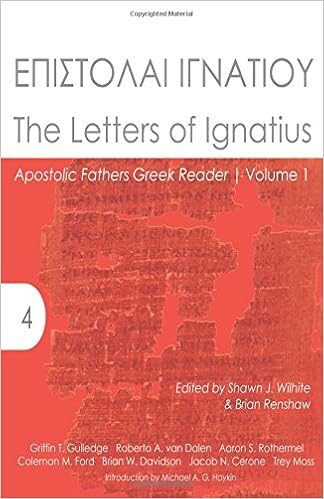
Just a thought: I’m finding that the process of learning to speak and communicate in German has greatly improved my Greek. Learning to speak a language has pointed out rough edges and sloppy areas in my biblical languages; it has created a greater precision in my approach to Greek. I wonder how the process of learning biblical languages would be different if students could draw from fluency in a second language (and no, 4 years of [American] High school Spanish does not count).
Pingback: Fluency in biblical languages « aBowden Blog
Andy, simply, I completely agree. Anyone else that stumbles into the comment section of this post should check out Andy’s recent continuation of this discussion at http://bowdenblog.wordpress.com/2012/11/21/fluency-in-biblical-languages/
Jacob,
Interesting post since I am teaching bilingual students w/ a mixture of living language and grammar emphasis. But we are not training the students to look at Greek words then translate them into another language. By and large, that is often what we learn in the seminary classroom for elementary Greek. I think the proof in the pudding is when you can pick up your GNT and understand the text b/c you understand the language of the text. Perhaps the question should be, “Are we teaching students the language itself or simply equipping them basic grammar rules in order to translate the language?” We learn every other language w/ an emphasis on the first. Why should seminary be different?
I’m not sure I am completely on board w/ the living language approach, but my students have been learning Greek since August (only meet 2x’s a week for 40 mins. roughly), and they are able to speak, write, read and translate complete and complex sentences. They even were able to go to Matt. 5:13-16 and make sense out of that passage w/ this very short time in the classroom. They are learning faster and more thoroughly then I ever did in college. And I will be the first to attribute much of that to the fact that they are already bilingual.
I myself am NOT a Greek expert; I am learning the living language process myself. But speaking personally, reading the GNT and the other ancient Greek texts of the fathers has proved far easier for me. Then again, teaching it doesn’t hurt either. I’m not sure to which to attribute my improvement more.
Ultimately, I am glad this debate has come up, because it is causing us to re-evaluate our pedagogy. And that should always be happening for teachers.
BTW… I think it is Daniel Streett w/ 2 t’s. Easy mistake I’m sure you did not intend to make.
Timothy,
It seems as if you, Andy, and Dr. Black are all on board in saying that bilingualism drastically improves one’s knowledge of Biblical Greek. I am out of my depth in this regard. Though I am working on German, I am no where close to fluency. I’m not sure whether to attribute that to laziness, squandered time, or the general busyness of life (none of which are good excuses).
I couldn’t be happier that this debate is taking place. Relying on the old way of doing things without seeking to better ways is irresponsible. As teachers, and I say this only from the capacity of teaching in limited and non-formal venues, we should never stop refining our pedagogy. We must also have an eye towards teaching students. Too often, professors say, “This is the way I teach and if the student can’t understand, then maybe he/she doesn’t belong in academia.”
In a conversation I had with an old friend from college, I was forced to see that the line of demarcation between the two approaches is harder to see. When I started to learn biblical Greek, I was constantly trying to create my own expressions. Only a week ago I translated 9 fast food slogans into Greek. Placing an emphasis on learning vocabulary backwards and forwards (Greek to English, English to Greek) is instrumental in solidifying one’s grasp of that same vocabulary. Many grammars contain English to Greek exercises, which most professors skip over (I was guilty of this when I taught Greek to Cary Alliance Church a few years back). These exercises forced us to gain a greater understanding of the case system, conjugations, and vocabulary.
Rejecting an immersive, living language, approach, does not mean εκβαλλομεν το παιδιον προς τον νιπτηρον ὑδατον.
I apologize for misspelling Streett’s last name. I typed this post up on my phone which has the unfortunate propensity think it knows more than me; then again, I shouldn’t expect anything less of Apple.